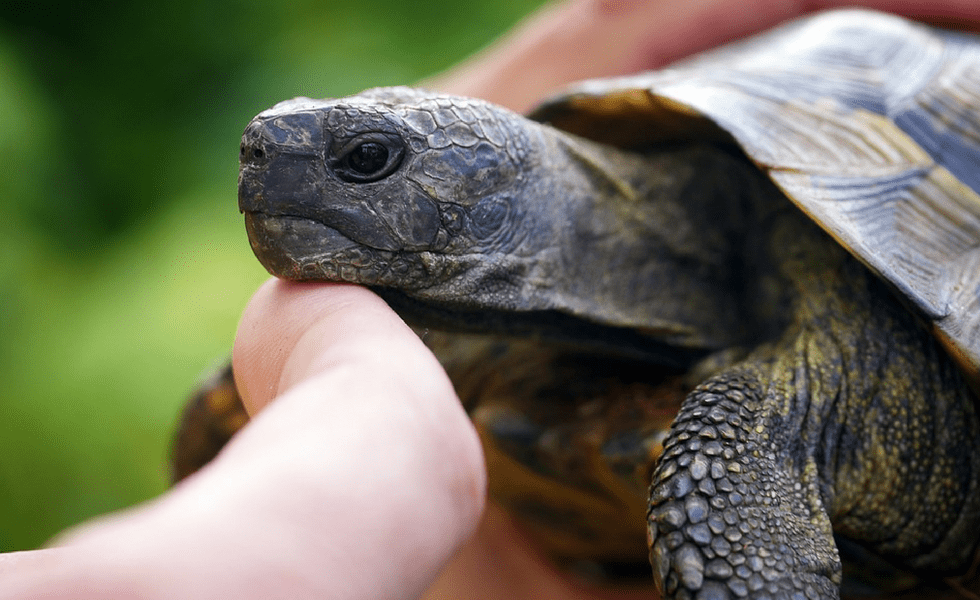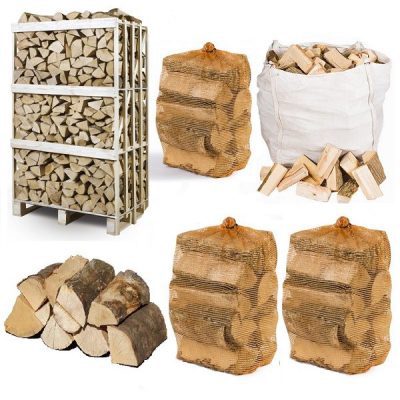Tortoise Care Guide For Beginners
Shopping List –
- Indoor enclosure & provision for an outdoor enclosure
- Substrate
- Enclosure furnishings
- UVB tube and heat light or combination UVB/heat bulb
- Prepared tortoise mixed seed and edible plants
- Two thermometers and thermostat
- Edible tortoise plant food
- Water bowl
- Digital Scales
- Soft toothbrush for cleaning
- Calcium and vitamin supplement
- Pet safe disinfectant
- A good book on tortoise care
A bit overwhelmed? Don’t worry, we’ve got some tortoise products in stock that we think are perfect for beginners.
General Care
A healthy tortoise should be bright and alert with shiny eyes. Its body should be carried above the ground and the head and limbs should withdraw if alarmed. The shell should be hard and there should be no signs of the following:
- Diarrhoea: This can be caused by incorrect feeding or an internal parasite infestation.
- Respiratory problems: Signs include fluid or mucus from the nose.
- Mouth rot: Cheesy deposits in the mouth.
- Soft or deformed shell disorders: Can be due to poor diet, a lack of calcium and/or vitamin D3 and/or incorrect lighting.
Your tortoise should be bathed weekly, ideally before feeding, to ensure proper levels of hydration, and weighed regularly to ensure it is growing at a healthy rate. For the first 10 days of ownership, bath the tortoise every day in lukewarm water for 15-20 minutes to encourage him to be active and not become dehydrated from stress. Some reptiles carry a form of salmonella, which is usually contracted by ingestion. Good hygiene and hand washing after handling should be sufficient to prevent any risk of infection.
Food & Water
Tortoises are herbivores, so they need a varied high fibre diet low in fat and protein. Commercial pellets are available as part of a balanced diet and your pet shop can advise.
Tortoises should eat a very varied diet of weeds and flowers with calcium supplement to remain fit and healthy. Safe foods include plantains, dandelion, clover, sow-thistle, catsear, honeysuckle, lavatera, sedums, pansies and violas. Remember, ‘treat’ food such as lettuce and cucumber should be fed in moderation as it contains no nutrients, only water. Junk foods to avoid include vegetables, fruit and processed food. Be careful not to overfeed your tortoise, one meal per day is plenty.
If housing your tortoise outside, you can buy a prepared mix of tortoise feed seeds, which you can plant for the tortoise to encourage foraging. You can also grow the seeds to pick and feed to your tortoise as you please.
A calcium supplement and a separate multi-vitamin should be added to the food provided. Fresh water should always be available.
Furnishings
The floor of the accommodation should be covered with 3-4inch deep suitable substrates such as Tortoise soil mix such as ‘Tortoise Life’, coco peat or sterilised topsoil. If using a product like topsoil, we recommended that you feed the tortoise on a slate to avoid him eating the substrate, resulting in possible gut impaction.
Provide a shelter, perhaps a tunnel or flower pot. Ensure heated areas remain simple to reduce the possibility of your tortoise overturning in heat. The substrate should be sprayed or watered regularly to keep healthy humidity levels and prevent breathing problems due to dust.
Cleaning
Remove droppings and uneaten fresh food daily. Water and food bowls should be washed, dried and refilled daily. Vivariums should be completely cleaned with a pet-safe disinfectant regularly and soiled substrate should be disposed of and replaced.
Hibernation
Before you consider hibernating your tortoise, check it is a hibernating species and if it is a good weight, and showing no signs of illness. Length of hibernation varies between age and species, so consult an expert and never exceed more than 12 weeks. An annual pre-hibernation check with a knowledgeable vet is always advised. With correct preparation, hibernation can be a safe and beneficial process for your pet, helping to simulate a natural pattern.
Your tortoise should be fasted for 2-3 weeks before hibernation, though fresh water must be provided. Your hibernation box should be well ventilated and be made of rat-proof materials. The optimum temperature is 5°C, and should not fall below 2-3°C or above 8°C
Temperature
All reptiles are cold-blooded and need an external heat source to maintain correct body temperature. Each species requires different degrees of heating, but all will benefit from a range of temperatures within an indoor enclosure. This creates a thermal gradient allowing the tortoise to choose its preferred temperature, 18-20°C at the cool end and 30-32°C at the hot end. Night temperature can safely be dropped to 18°C or slightly lower. Thermometers can be placed at each end of the enclosure to monitor the temperature range and the overall temperature should be controlled by a thermostat.
Heat can be supplied by basking lamps that should be kept 6-12 inches away from the basking area. Your pet shop will advise on heating products and their suitability for your tortoise.
Lighting
Reptiles need UVA/UVB lighting to absorb the calcium in their diet. This light should be left on for 10-12 hours in the day, and the bulbs will need replacing regularly as the UV output decreases with use.
Housing
Tortoises should have access to both indoor and outdoor space. Indoor accommodation can comprise of a purpose-built enclosure, often called a tortoise table. Alternatively, a large vivarium with good ventilation can also be used successfully over limited time periods. The minimum indoor enclosure size for an adult should be 3m x 3m in bad weather, but the bigger and more varied the habitat is the more likely the tortoise is to do well.
Tortoises should have access to solid sided, escape-proof outdoor accommodation whenever the weather is suitable, ideally with access to edible weeds and flowers to graze. Choose a sunny area in the garden so the tortoise can benefit from vital natural UV sunshine.
All outdoor accommodation should be predator-proof and a fully covered enclosure is essential for small tortoises to protect them from predators.
Tortoises are lovely animals to care for, and with our help, you’ll have a happy shell-dweller in no time.
For any questions, queries or concerns, contact us on Facebook.










